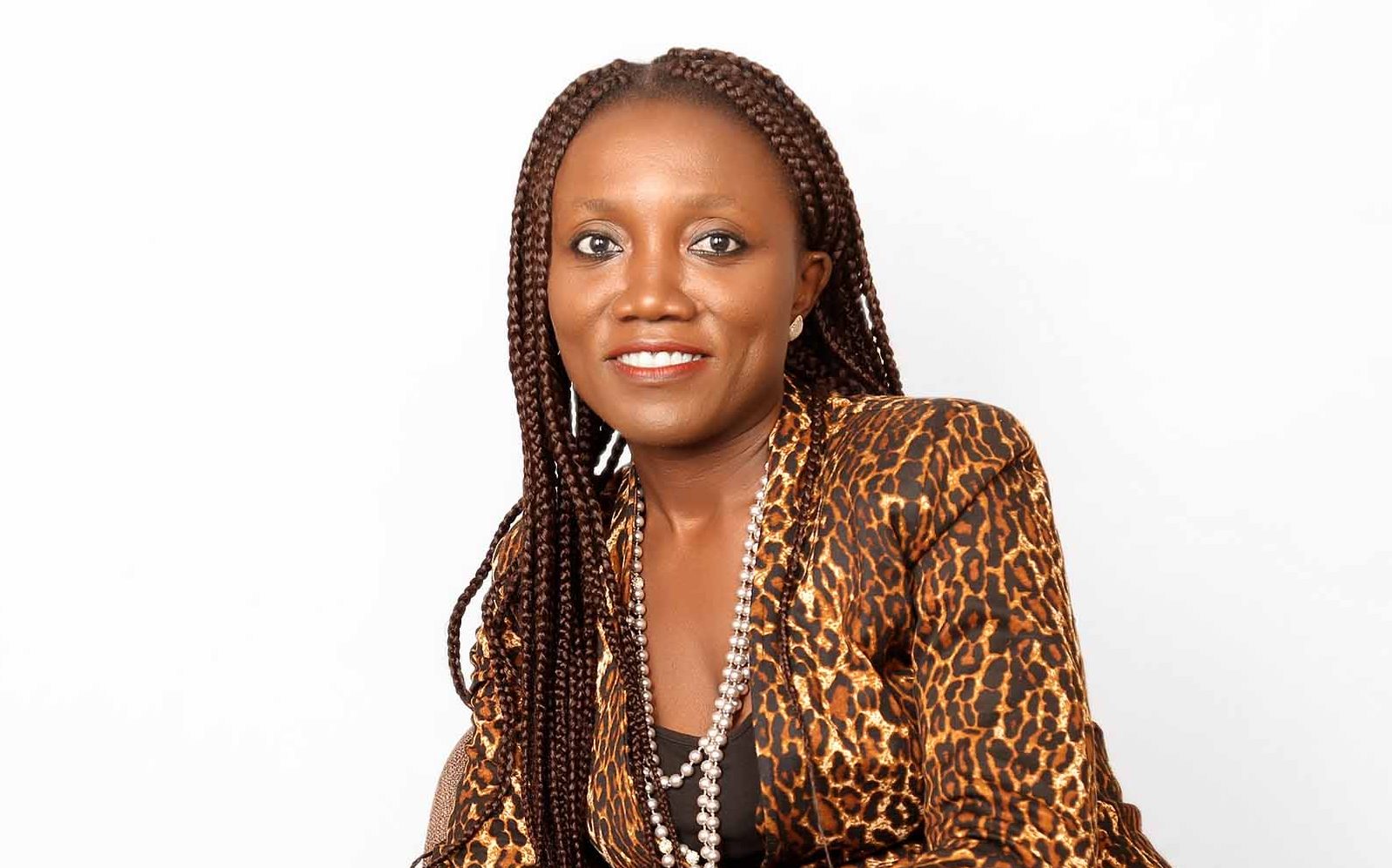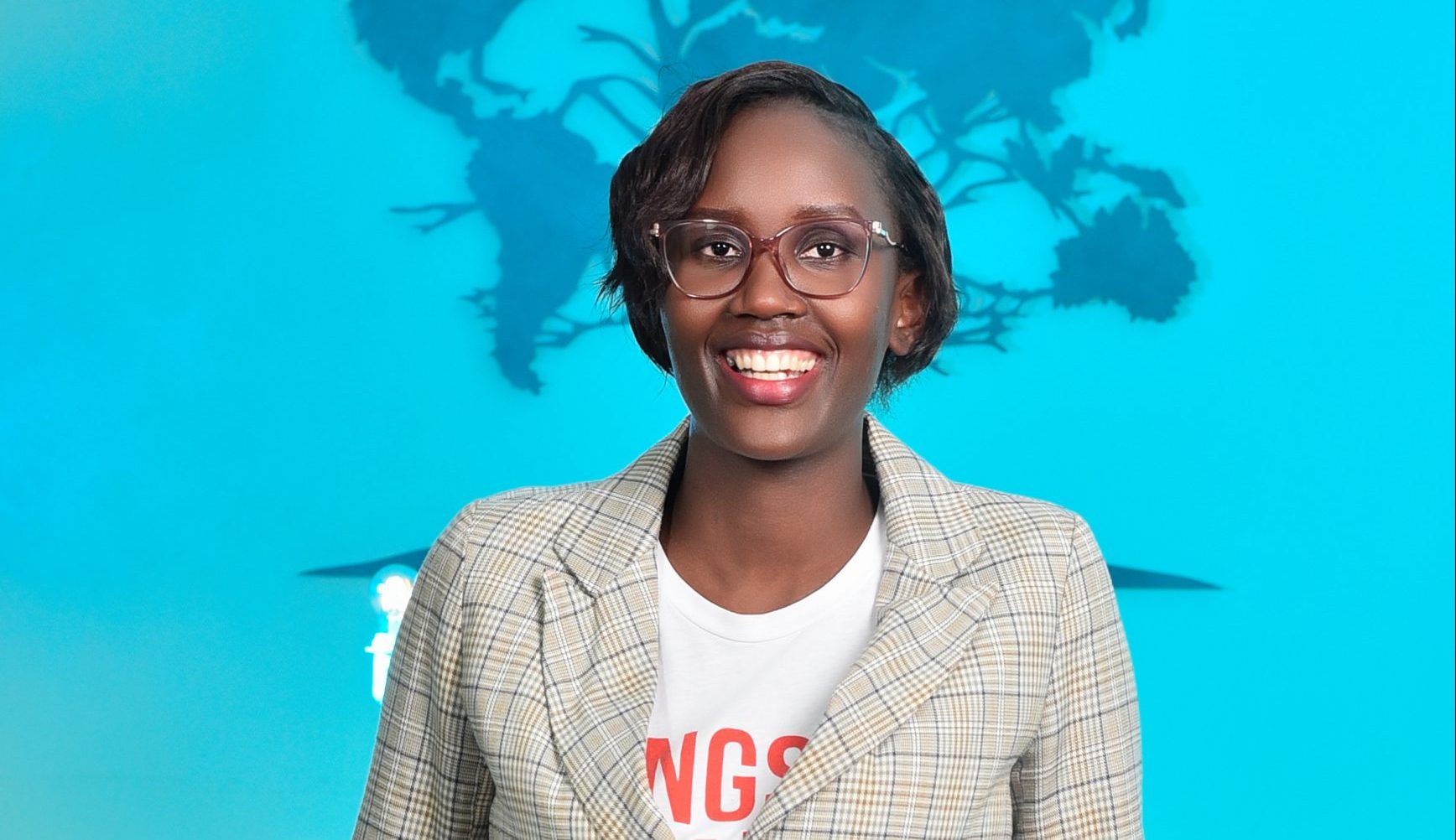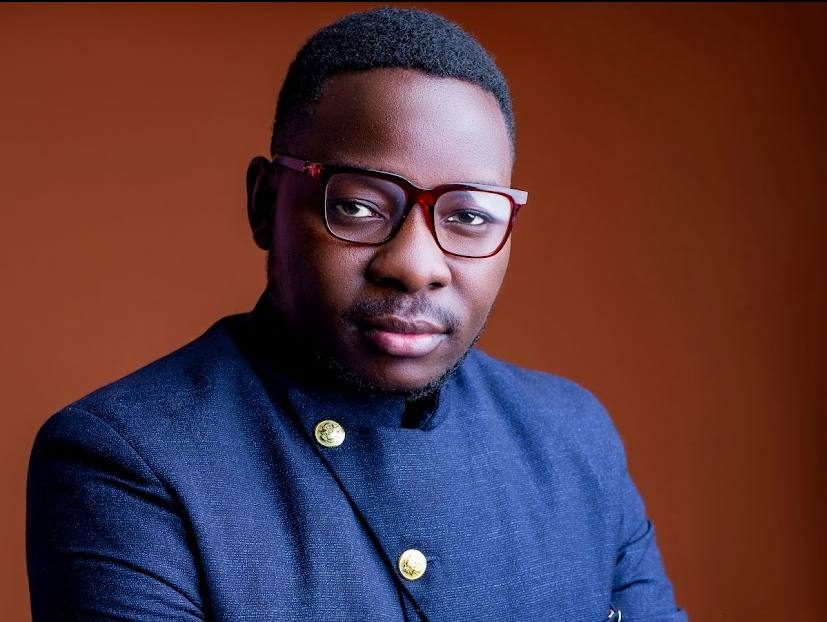This week’s Comms Spotlight is an inspiring transition story. From Journalism to leading Strategic Communications across 62 NGOs, Ademilola has built a career that shows how storytelling, media engagement, and collaboration can drive real impact. Meet Ademilola Adesanya, Media and Communication Adviser at the Nigeria International Non-Governmental Organisation Forum (NIF). After practicing journalism for four years, she kicked off her Comms career in 2010 at an agency. In her interview with us, Ademilola shares how Strategic Communications ensures the impact of NGOs is clearly seen and understood.
How did you first find your way into the world of Communications?
I stumbled into the world of Communications. After spending nearly five years in Journalism, I realised I wanted a career shift. Fortunately, a friend mentioned that their organisation—a prominent full-service marketing agency—was in urgent need of a storyteller.
Coincidentally, I had just won the Nigeria Media Merit Award for Female Reporter of the Year. The agency found me irresistible and poached me—and that marked the beginning of my journey into Public Relations and other facets of communications for some of the world’s biggest brands.
Since then, I’ve evolved from Public Relations into a dynamic mix of disciplines: crisis communication, storytelling, and media relations for brands like Sun International, Ford Motor Company, Motorola Solutions, Autodesk, and Airtel.
Starting out in a PR agency, I later transitioned into the not-for-profit sector—first focusing on development communications, then moving into humanitarian communication.
Journalism gave me the springboard, thanks to my storytelling instincts, but I’ve since deepened my expertise in core communications for the not-for-profit space, with a strong focus on crisis and humanitarian communication. I’m also passionate about capacity building and using events as strategic tools for stakeholder engagement.
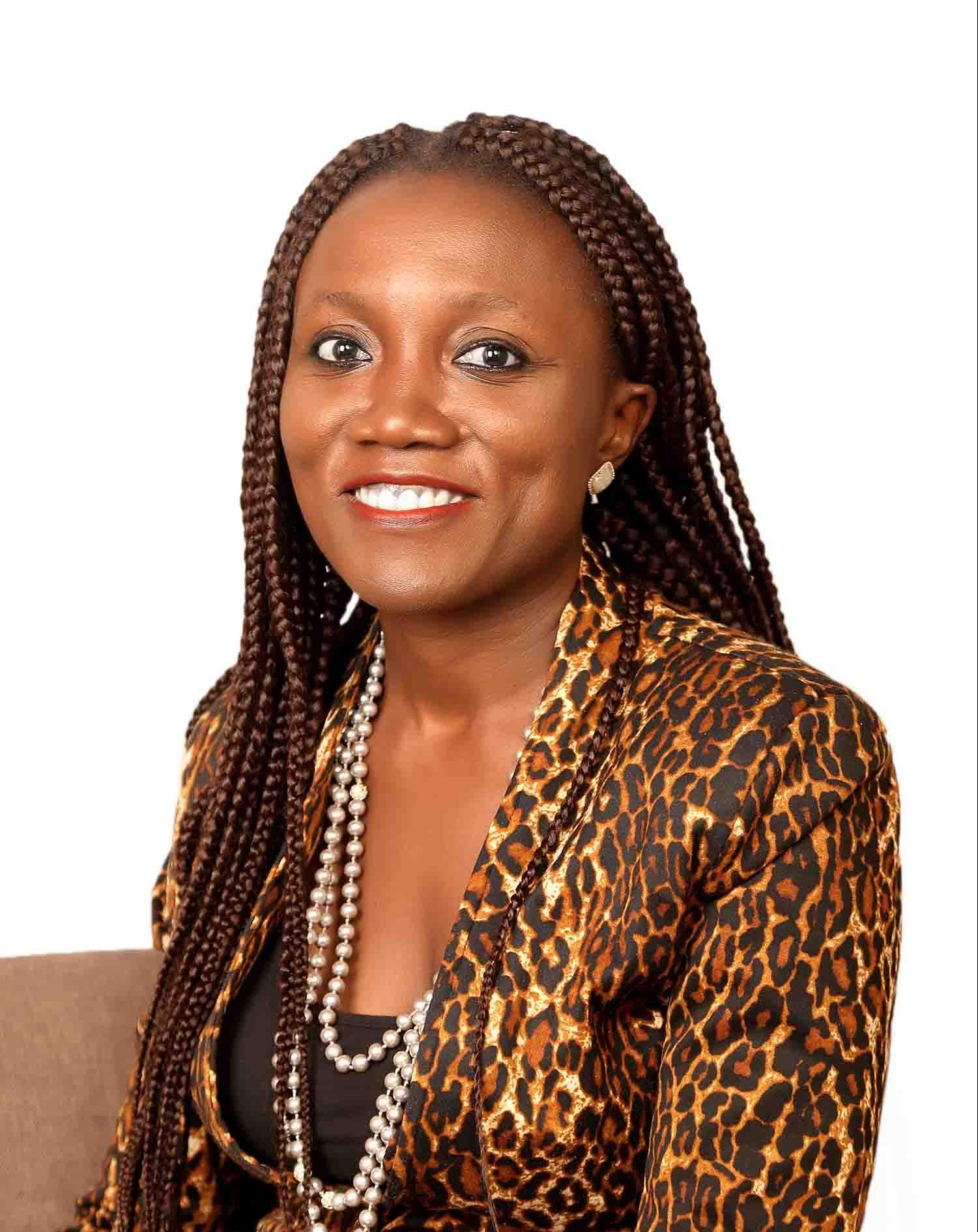
What do you do in your role as Media and Communication Adviser at the Nigeria International Non-Governmental Organisation Forum?
As the Media and Communication Adviser for the Nigeria INGO Forum (NIF), I lead strategic communication efforts for the Forum, ensuring that our messaging reflects our shared values and amplifies the impact of our collective work.
I also coordinate joint media and communication initiatives across our 62 member organisations. This involves working collaboratively to leverage communication as a tool for achieving our collective goals as a Forum.
For instance, we have hosted an annual capacity-building initiative for the media over the past five years, aimed at providing journalists with a deeper understanding of INGO operations in the North-East.
This initiative has strengthened relationships between humanitarian actors and the media, fostered more accurate reporting, and enhanced public awareness of the challenges and progress in the region.
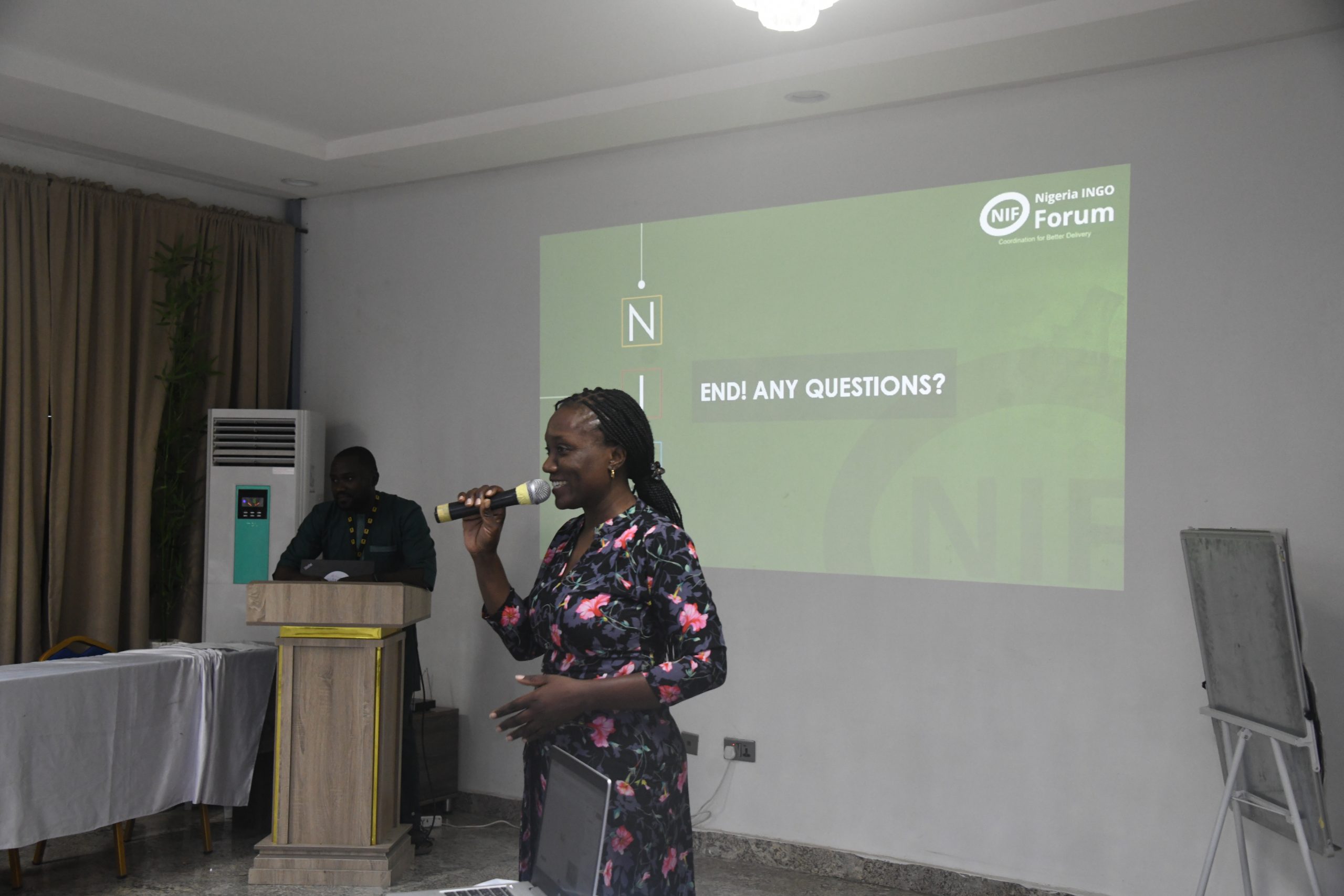
What are some of the challenges you’ve faced on your journey?
One of the biggest challenges I’ve faced was transitioning from journalism to communications—without mentorship. I had to learn on the job, make my own mistakes, and take short courses to build my expertise. At times, I battled impostor syndrome, questioning whether I was truly making an impact.
But I’ve learned to rise above those doubts by reflecting on the milestones I’ve achieved and the tangible impact of my work. Each challenge became a stepping stone, enriching my experience and shaping the professional I am today.
I now see myself as a trailblazer. Throughout my communications career, I’ve often had to start from scratch—building something meaningful for every organisation I’ve worked with and every project I’ve led. For instance, in my current role, I’ve transformed my organisation’s media perception from being low-profile to becoming seen, heard, and understood by the media.
Beyond that, I’ve strengthened the ad hoc Communication Working Group across our member organisations, fostering collaboration and driving diverse communication initiatives that support our collective messaging. This has helped unify our voice as a Forum and amplify the visibility of our shared impact.
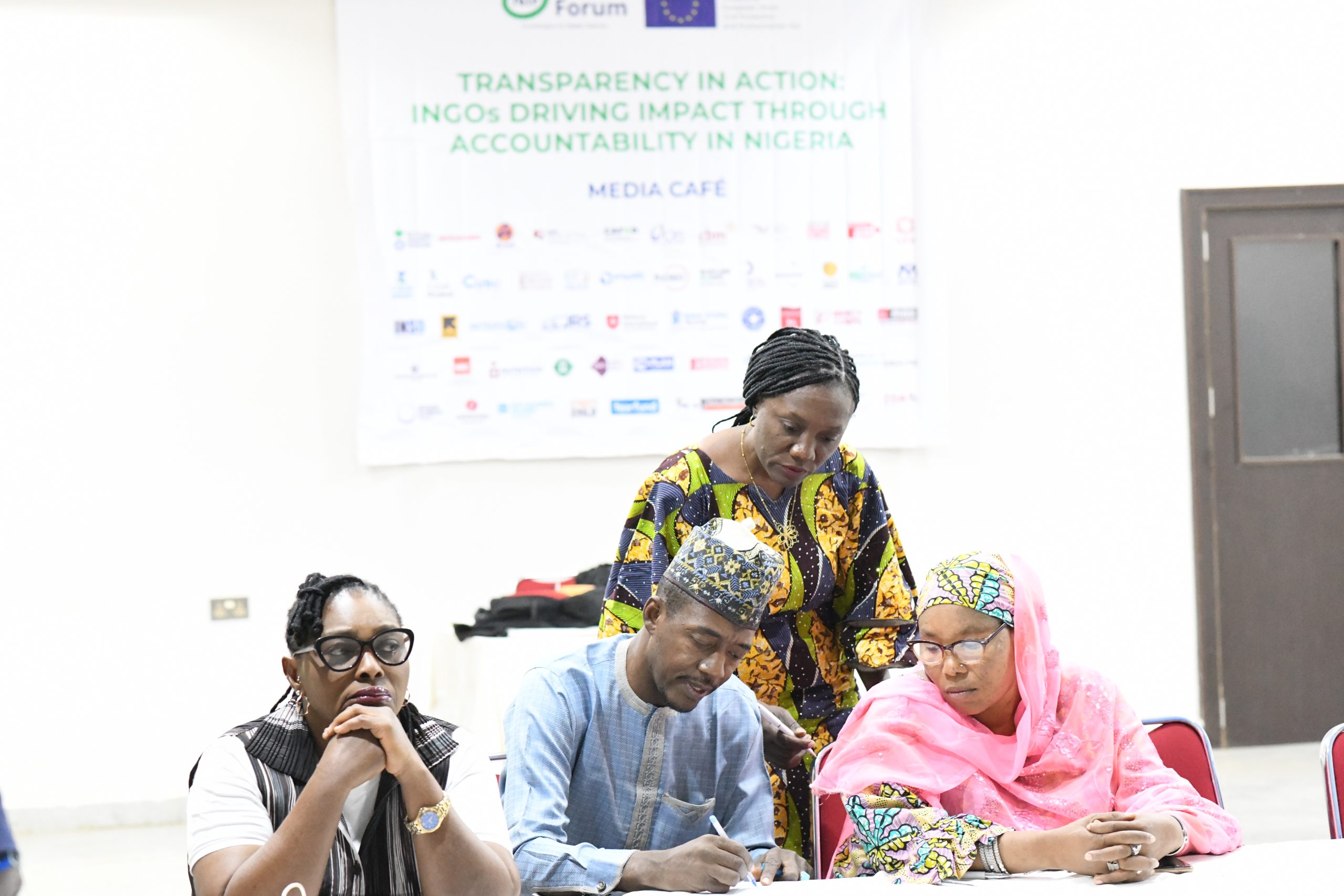
Tell us more the Nigeria INGO Forum (NIF).
NIF is a coalition of 62 international NGOs providing humanitarian, development, and peacebuilding assistance across Nigeria.
NIF is hosted on a rotational basis by its member organizations for administrative purposes—a model that fosters collective ownership and sustainability.
NIF facilitates coordination and collaboration among its members, government agencies, UN bodies, and other stakeholders. It serves as a collective voice for its members, elevating operational realities and challenges at national, regional, and international levels.
We advocate for policies and practices that support our members’ work, promoting an enabling environment for NGOs to operate effectively.
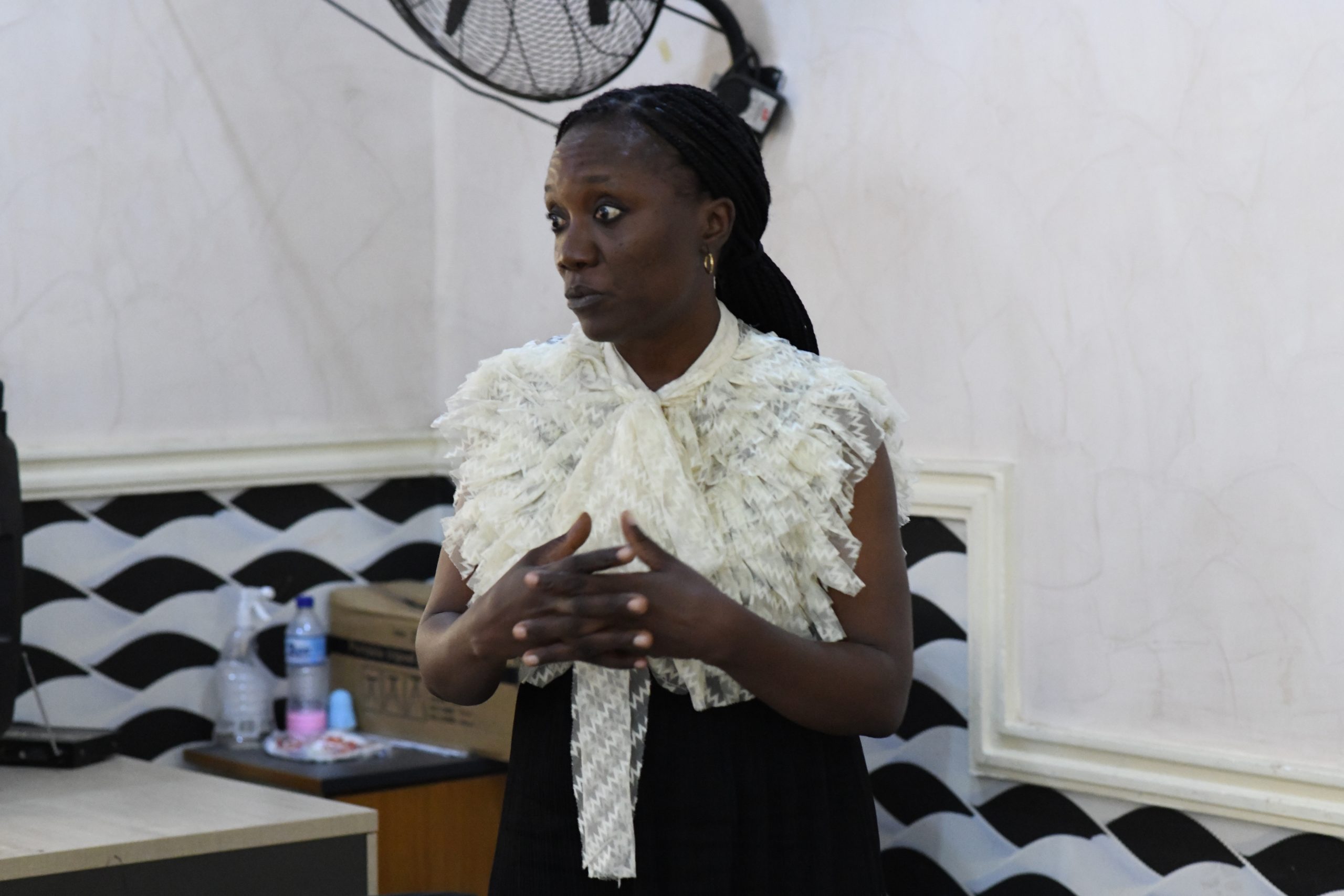
Tell us about some professional achievements you’re particularly proud of.
The professional achievement I am particularly proud of is my ability to evolve as a professional while consistently using communication as a tool for effecting positive change. I began my career in Journalism, telling impactful stories that exposed systemic failures—especially in the health and education sector—and helped improve the lives of everyday Nigerians (I also earned international fellowships and two Journalism awards). The stories weren’t just headlines; they were catalysts for change.
Transitioning into Public Relations at an agency with international affiliations, I led strategic communication efforts for Motorola Solutions, managing campaigns across three Francophone and Anglophone African countries. I successfully leveraged storytelling and media relations to drive a campaign on identifying fake radios, adapting narratives to resonate across diverse cultural contexts.
One of my proudest moments in PR was serving as the agency focal for the international launch of the Airtel brand in Abuja, Nigeria. I helped steer the narrative away from the brand’s turbulent history and instead spotlighted the strength and promise of its parent company. That strategic shift contributed to a successful reintroduction of the brand.
From the private sector, I transitioned into development communications, where I’ve continued meaningful impact. As a consultant for UNICEF, I developed and implemented the communications plan for the Lagos State launch of its Violence Against Children (VAC) campaign, securing prime time TV spots for the Special Representative of the UN Secretary-General on VAC – in less than 48hrs and totally shifting the editorial focus of the television channel.
I later led the USAID E-WASH COVID-19 campaign for Widows and Orphans Empowerment Organisation, focusing on inclusive messaging that addressed the needs of women, children, and persons with disabilities. This campaign spanned four states in Nigeria, involved managing teams and stakeholders, and successfully engaged key federal ministries in a four-week radio and TV series.
I continue to leverage communications to effect positive change— currently in my role as Media and Communication Lead at NIF. For the past five years, I’ve been at the helm of conceptualising and executing a long-term communication strategy that balances the constraints of annual donor budgets with the need for sustained impact. This role has demanded not just strategic foresight, but also deep collaboration across NIF’s diverse member organisations.
I’ve worked closely with their communication focals, identifying and addressing capacity gaps through tailored training sessions and workshops. From enhancing media understanding of humanitarian principles to developing thematic newsletters that keep government and donors informed, my work has helped shape narratives that elevate the voices of the most vulnerable.
I’ve also curated high-level events, documentary, and photo exhibitions that have sparked policy-shifting dialogues—particularly around the needs of conflict affected populations.
This chapter of my career reflects my growth and commitment to using communications as a force for inclusion, empathy, and effecting transformative change. I’m especially proud of the mentorship I’ve provided along the way because my greatest failure would have been the inability to reproduce myself on this journey. I’m proud of the professional I’m becoming, and even more proud of the lives my work continues to impact.
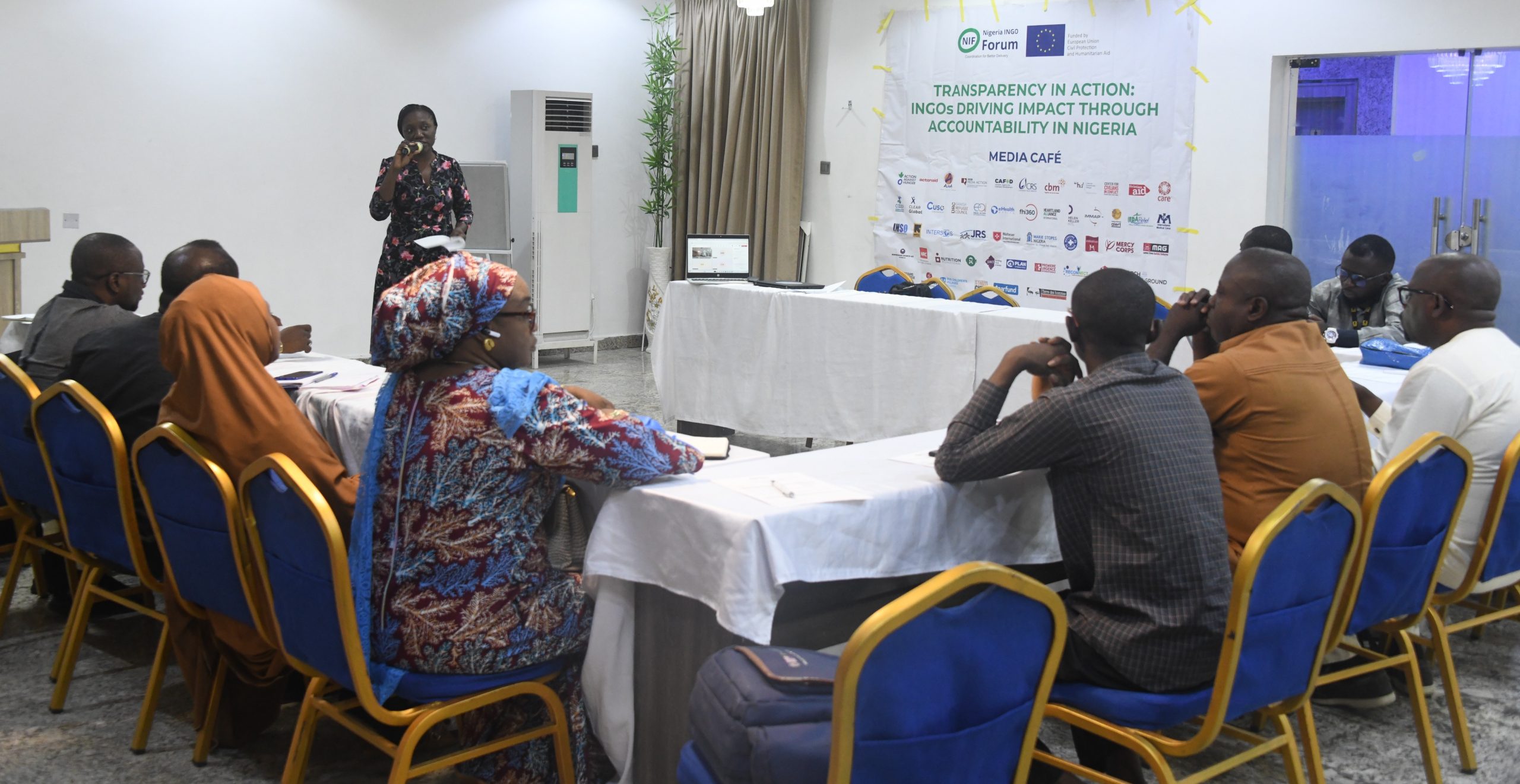
What advice would you give your younger professional self?
Never rush through the journey, every stage of your career has a purpose that would add up to the full picture. Trust your instincts, but sharpen them with knowledge and humility. My career journey taught me to listen to myself and never doubt that silent nudging.
Listen more intently – not just to what people say but to what they need – this has helped me very much in my career and one of the results in my current role is the annual workshop we’ve organised for the past five years.
Don’t underestimate the power of storytelling—it’s not just a skill, it’s a bridge between worlds. Storytelling is at the heart of my career, it has taken me to The Moth’s storytelling master storyteller platform, in Nairobi, as an advocate for women’s childbirth experiences. It has also earned me a place as a co-author (with Oluwakemi Akagwu) for my book: Overcoming: Women’s Stories of Resilience, Faith and Discovery in a pandemic.
Finally, mentor early. Your legacy isn’t just in the work you do, but in the people you help rise. Keep evolving, keep impacting, and never forget: your voice matters.

